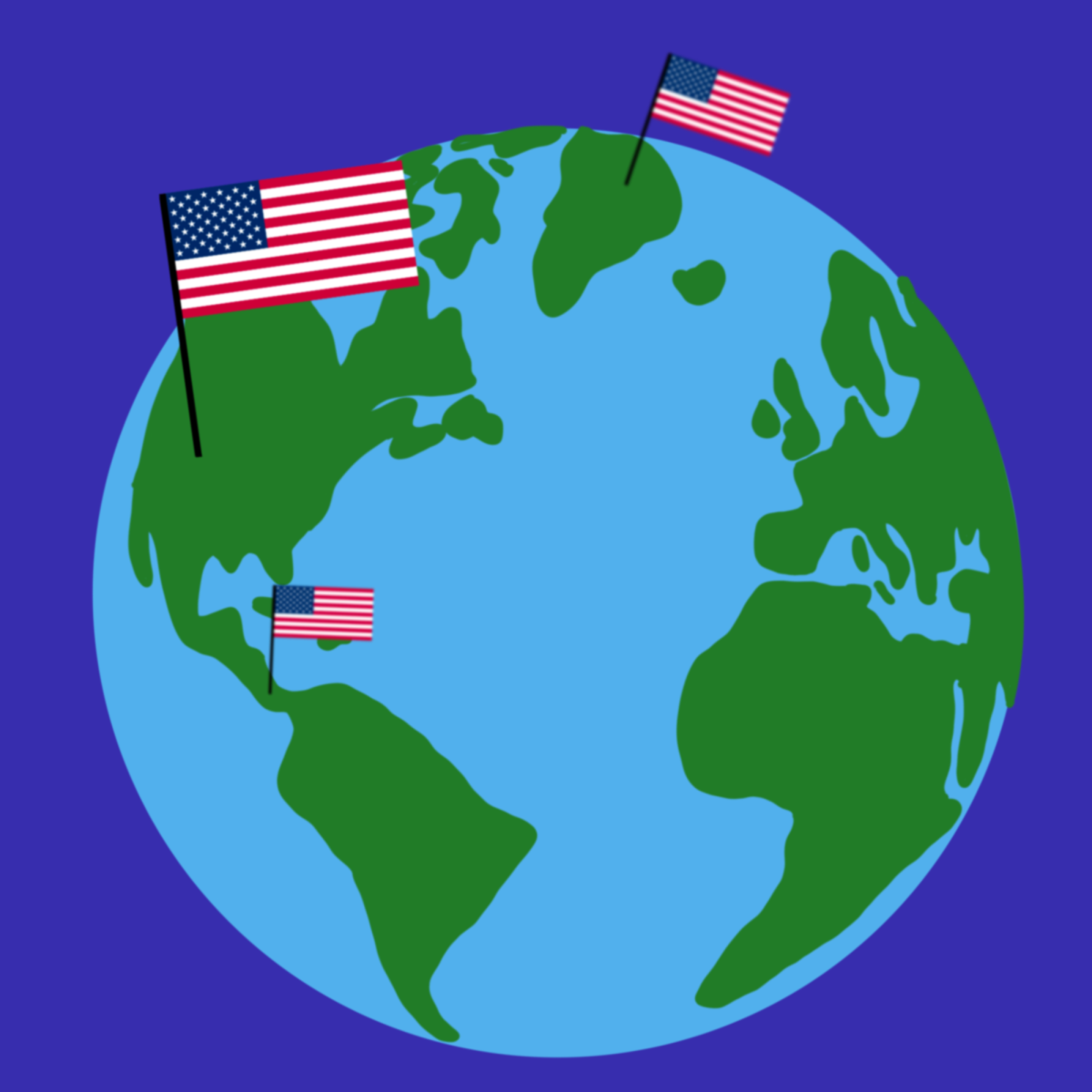Roughly 200 years after 11th U.S. President James K. Polk coined the term “Manifest Destiny,” acquiring over one million square miles of land in one term, President-elect Donald Trump has suggested that he intends to continue the radical policies of American expansionism.
Just weeks into President Trump’s second term, he has already raised concerns for many world leaders. In a recent press conference on Jan. 7, Trump said he would consider using military force to take over the Panama Canal and Greenland, as well as economic force to take over Canada. On top of this, in his first days in office, Trump made the executive orders to change the name of the Gulf of Mexico to the “Gulf of America,” and the name of Alaskan mountain Denali back to “Mount McKinley.”
Following these promises, Trump seems to have fallen back on his word that he will bring “stability to the world.” These proposals are not just absurd, but they also represent a crucial misstep in American politics by destroying long-established relations with other countries and continuing the activities of imperialism that we sought to abandon centuries ago.
If Trump follows through with these plans, it would mean global catastrophe on an unprecedented scale. The invasion of Greenland, a territory of Denmark, would trigger Article 5 of NATO that states “an attack against one ally is considered as an attack against all allies.” The violation of the national sovereignty of Denmark, a core NATO member, would result in immediate military response from American allies around the world. If Trump really wanted to put “America First,” he wouldn’t risk throwing us into the “World War III” that he frequently campaigned on preventing.
On top of this, an invasion of these countries would eliminate all American credibility on the international front. For years, the U.S. has remained incredibly diplomatic with Panama, Greenland and Canada, signing deals like the Panama Canal Treaty of 1977 and the United States-Mexico-Canada Agreement.
A sudden switch back to behavior that resembles nineteenth century colonialism, coercing our allies under our rule, would send shockwaves to other allies around the world and ruin relations. Failing on America’s pledge to democracy and caving in to the greed of imperialism would represent a major win for authoritarianism and a decommittment from America’s role as a beacon of protection across the world.
Luckily, many of Trump’s claims surrounding expansionism are predicted by news sources like NPR to only be scare tactics, more specifically classified as a “Madman Strategy.” The Madman Strategy entails schemes in which one political actor creates fear in other political actors by showing that they are willing to act unpredictably. However, even if his rhetoric was aimed solely at fear-mongering, it still sparked tensions with other vital trading partners that will further implicate global relations.
Already, leaders across the world have responded negatively to Trump’s claims. Canadian Prime Minister Justin Trudeau said that “There isn’t a snowball’s chance in hell” that they would sell their country to Trump. Greenland’s prime minister, Múte B. Egede, voiced Greenland’s opinion on the matter, saying, “We want to be Greenlandic.” These leaders’ responses highlight the irritation that Trump’s rhetoric has prompted, damaging global affairs before he has even stepped into office.
Several media sources, such as the New York Post and NBC, have explained that many believe Trump’s Madman Strategy is aimed at fending off China, who is a major competitor with the U.S. on partnerships including the Panama Canal, Greenland and Canada. China has increasingly shown interest in strengthening its presence in the Western Hemisphere to gain economic and political leverage over the U.S., explaining why Trump would want to gain greater control over these countries, which have proven to be pivotal to world trade.
While this imperialist plan works in theory, as it would show China that the U.S. is interested in maintaining control of these regions, the reality would be much different. By torching relations with allied countries, the U.S. would only dissuade them from pursuing future cooperation.
Further, if the U.S. wants to stand up to China’s influence in the Western Hemisphere, we cannot conform to China’s policy of neocolonialism. What makes the U.S. any different from our authoritarian enemy if we are also unfairly coercing our neighbors for our own benefit? By pledging to take control of our allies, the newly elected president has reaffirmed the long-lost imperialist idea of Manifest Destiny, damaging relations and risking global turmoil.















